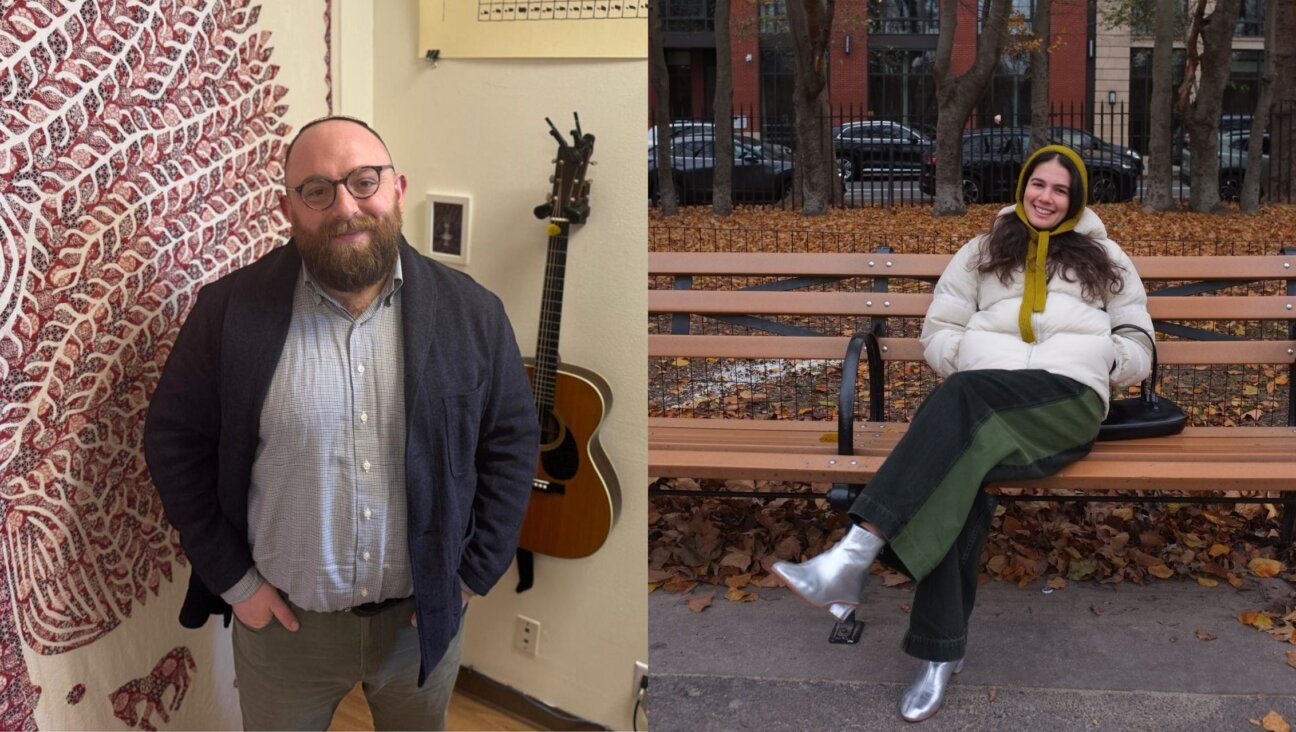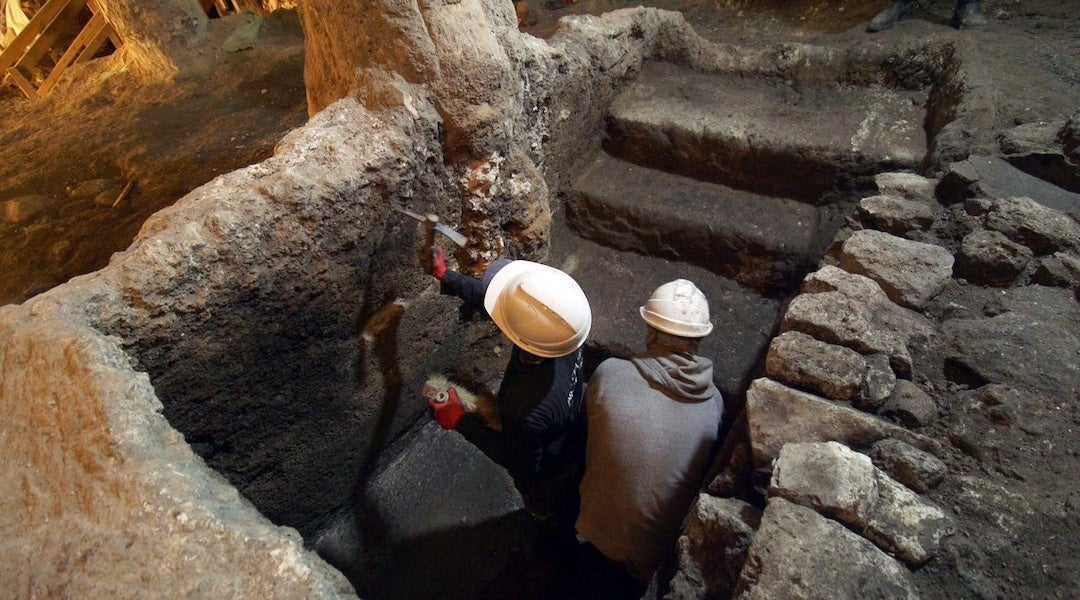August 22, 2003
100 YEARS AGO
• In Bialystok, large numbers of young Jews, who were part of a march of 4,000 revolutionaries protesting the oppressive czarist regime, were attacked and imprisoned by the police and military agents. The police attacked the march as soon as it started. Even after the crowd dispersed, they continued to grab bystanders and arrest them. The young Jews under arrest are being beaten in jail, and it has been reported that the entire neighborhood around the jailhouse has been unable to sleep because of the ungodly screams coming from the prison. What’s worse is that the religious Jews have been celebrating the tragedy because the young Jews took part in a protest on Tisha B’av, the Ninth of Av. Apparently, it doesn’t matter to them that they are also the victims of this dictatorial regime. How quickly our religious Jews have forgotten what happened at Kishinev.
75 YEARS AGO
• Louie Goldberg learned the Torah of Yiddish theater from the greatest of “rabbis”: Jacob Adler, Boris Thomashevsky, David Kessler and others. Goldberg is the manager of the Public Theater. Naturally, he is keenly interested in what goes on in the Yiddish theater world. He says that the theater audience is not one bit smaller than it used to be but that it has changed. “Today’s audience is smarter, more intellectual, I would even say more civilized than the immigrant audiences of 20 years ago. What did the immigrants of that time know about theater or newspapers or modern life? When they came to the theater they didn’t know the curtain would go up. When they heard the orchestra playing the overture, they thought that was ‘theater.’ The whole event of theater for them was a kind of wondrous experience.”
50 YEARS AGO
• There are currently two active Yiddish theaters in Buenos Aires, the Excelsior and the Soleil, both located on La Calle Corrientes, the Second Avenue of South America. Yiddish theater here is in the same situation as in New York: Producers have all but disappeared, and the business has fallen on the shoulders of the actors. But one difference is that in Buenos Aires they depend on big names from abroad, like Pesach’ke Burstein and Lillian Lux, to bring in the audience. Also, their season only lasts about six months. Interestingly, the Yiddish theater in Buenos Aires doesn’t use a box office to sell tickets. Instead, the actors and their friends go from house to house in the Jewish neighborhoods selling tickets. This tradition hearkens back to the early days of Yiddish theater in Argentina, when the actors needed to be sure of getting an audience.















